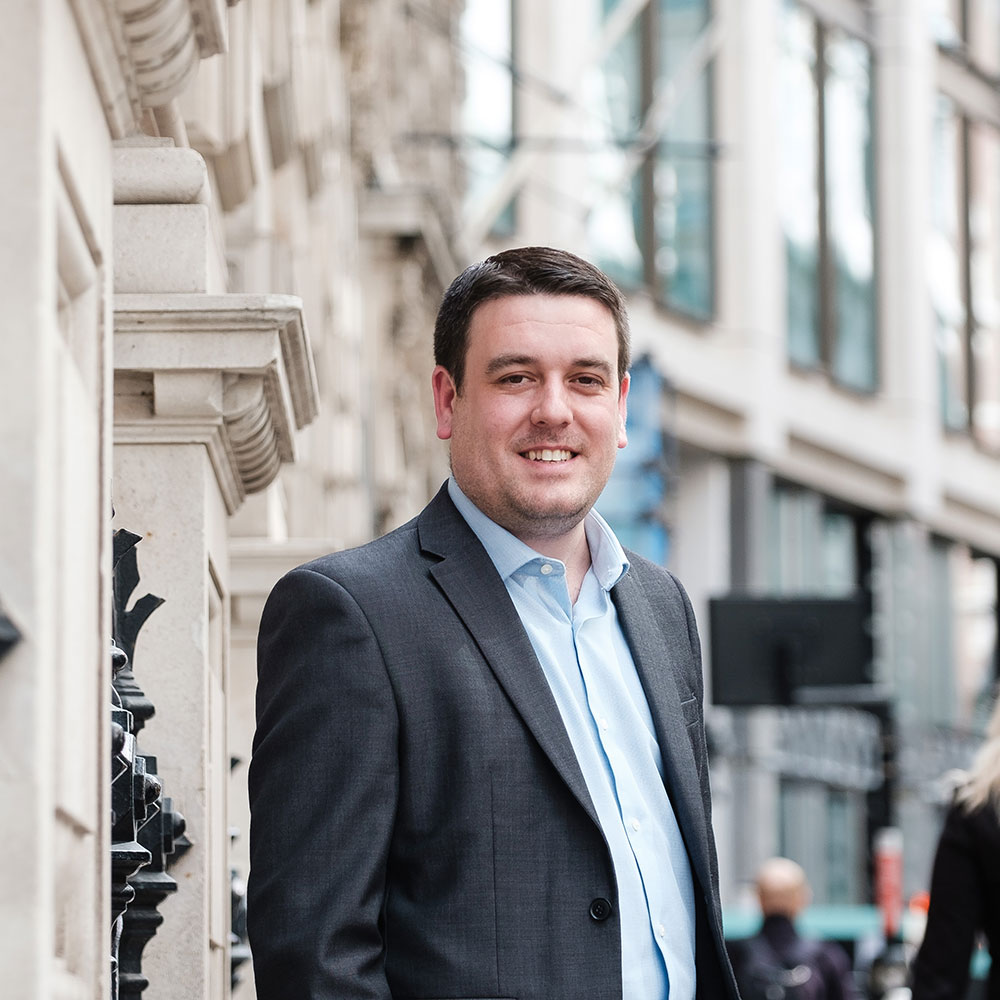Q. Has the industry changed drastically since you started working in it?
A. Yes, on so many fronts, but I will call out two. It is hard to imagine now but when I started in the insurance industry in 1999, regulation was effectively voluntary and this did not really change until the FSA started regulating insurance in 2005. Regulation now plays a huge role in the industry.
I would say the biggest impact has been digitalisation, which has completely changed the landscape. When I started at Pearl Assurance back in 2000, I don’t think we even had a website, let alone an online quote and buy system.
Almost all general insurance sales were made either by phone or face to face but the internet completely changed that and enabled the development of Price Comparison Websites. Their emergence was probably the biggest revolution in the industry since Direct Line ‘cut out the middle man’ in 1985.
Q. What has been the key positive or negative impact of change in your area of the market?
A. There has been a real shift towards focusing on the needs of the consumer and ensuring we deliver the right outcomes for them. It is no longer simply a case of taking customers’ premiums once a year and then writing them a cheque when something goes wrong. Now, most insurance companies recognise the need to go further than that and take a lot of the pain away right across the customer journey, from sale to amendment, renewal and, most importantly, when a claim occurs.
I am genuinely proud of the work we have done over the past few years at Direct Line to invest in our claims journey and capabilities, to really focus on looking after the customer and their needs when they have an accident. We have worked really hard to minimise the impact of an accident by reducing repair times and providing ongoing mobility.
The starting point is now always ‘what does the customer need?’ rather than focusing on minimising indemnity spend.
Q. Who inspires you and why?
A. I really admire hard work and dedication, so I am going to say David Beckham (focusing on Beckham the footballer). It always raises some groans when I say this but bear with me. I think he epitomises just how much can be achieved through hard work and dedication. He wasn’t the most naturally gifted footballer by any means and he could have simply been satisfied to be a reasonably good Premier League player, earning a good wage.
Instead, he dedicated himself to become the best footballer he possibly could be. He recognised that no matter how hard he trained he would never be particularly quick or great in the air so he focused on where he felt he could put himself above others. He then showed phenomenal drive and dedication to work on perfecting those skills to the point where he became arguably the most important player for England for a four/five year spell.
He took the natural ability he had and squeezed every single drop out of it. Very, very few people can say that they have done that, and whatever you think of ‘Brand Beckham’, I have nothing but admiration for Beckham the footballer.
Q. Have you had/got a mentor? If so, what was the most valuable piece of advice they gave you?
A. I tend not to have just one specific mentor, but prefer to learn from as many people as I can; I genuinely believe that you can learn at least something from almost everyone. The best piece of advice I’ve been given is to focus on outcomes. Decide what you want a certain outcome to be and then work out what you need to do to achieve it.
Too often the originally intended outcome can become lost or forgotten because so much attention is paid to the process of getting there. Process is only important as a way of achieving the outcome so remember to focus on the latter and be ready to change tack if needed. I apply this approach to almost everything I do, both at work and at home.
Q. If you were not in your current position, what would you be doing?
A. Like many people, I didn’t grow up with aspirations of working in the insurance industry. I like to drive change and improvements, so it would definitely have to be something where I could do that. Thinking a bit differently, I’m going to say landscape gardener. I’m no expert but the amount of things you do with an outside space is almost limitless and I love being outside. Maybe I’ll have a crack at that when I retire!
ENDS
The starting point is now always ‘what does the customer need?’ rather than focusing on minimising indemnity spend
Read More; Penny Searles | CEO | Smartdriverclub


